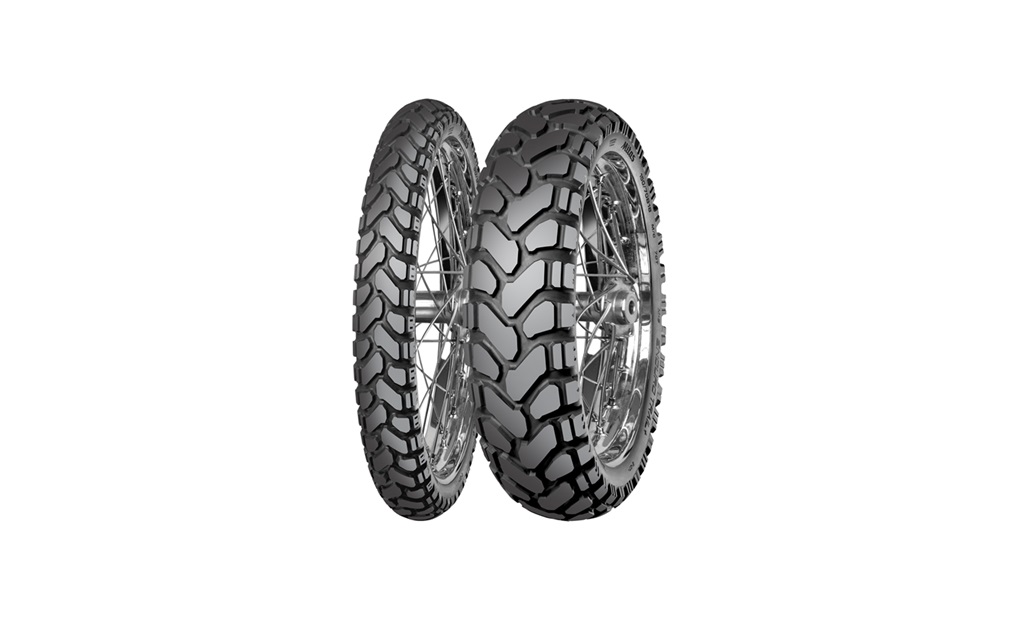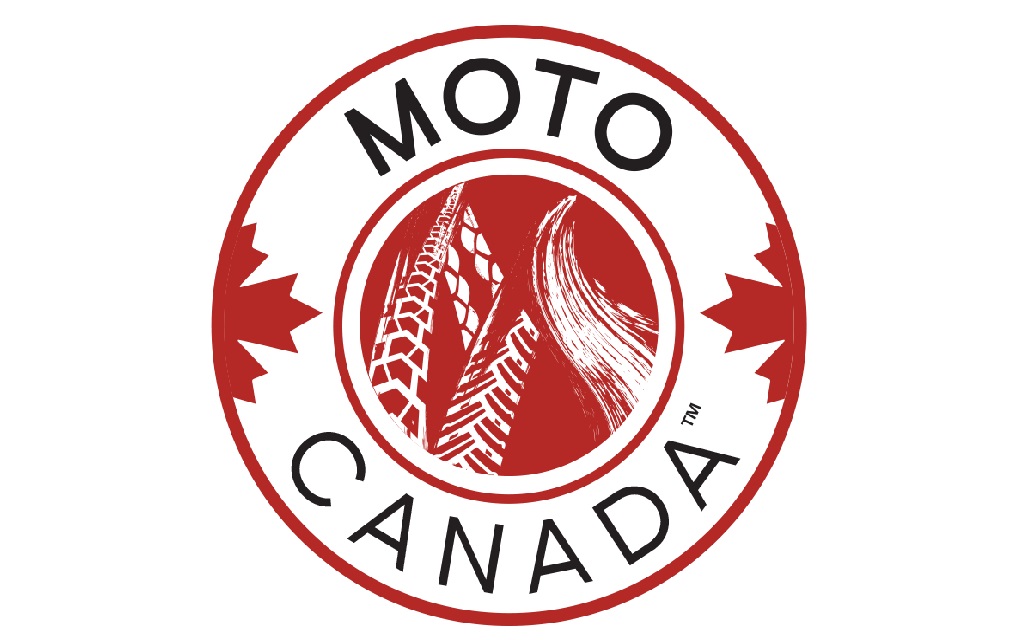Recently, on the Cycle Canada website forum, someone asked about motorcycle repair as a career. I apologize to Alstan Penlock for not replying online, but for me, this is a loaded question. I still remember the former American Motorcycle Institute advertisements at the back of motorcycle magazines, showing a buff, leather-vest-clad biker wielding a wrench and inviting you to an exciting career as a motorcycle technician. But in reality it’s not such a glamorous job. Alstan loves motorcycles and would like to repair them for a living. He believes that changing tires and repairing oil leaks during the week will allow him to enjoy motorcycles more. In fact, Alstan, if you truly enjoy motorcycles, especially riding them, becoming a motorcycle technician assures you will have little time to ride your own.
I began working on motorcycles professionally for the same reason; I liked working on my own bikes enough to make a career of it. But I soon learned that long summer hours meant my riding time was mostly limited to Sundays. This probably isn’t the case nationwide, but in Montreal, many service departments are open Saturdays. And being a seasonal business meant a wintertime layoff collecting U.I. benefits. That was, and still is, the nature of the business. Year-round employment is a possibility depending on the dealer, but you’ll have to work on snowmobiles and power equipment.
Depending on the shop, you might be introduced to “gain time,” or some sort of productivity control system. Gain time measures a technician’s performance based on hours worked and hours charged to a customer. Forty hours worked and 40 hours charged equals 100 per cent productivity. Some dealerships use this system to encourage mechanics to be productive by paying a bonus based on the hours charged over the hours worked. For example, if a shop has a flat rate for a tune up or an estimate is made for a certain repair, yet the repair is completed with time to spare, the customer will still be charged the full amount. What this means for the technician is that if it took eight hours to complete a 10-hour job, two extra hours are added to his paycheck, at his hourly rate. Save several hours a week and you can go home with lots of extra cash. This will also reflect in the productivity report, as it will be over 100 per cent.
In theory, the system should weed out incompetent mechanics, reward the good ones, and make the service department profitable. In practice, incompetent mechanics well below perfect productivity are let go, honest mechanics make a decent living, while dishonest mechanics make a killing—the system encourages some to cut corners. Worse yet are bonuses paid on parts sold—a commission paid to technicians, which to me is total nonsense. I remember one shop replacing spark plugs regularly at the 1,000 km first inspection. I flatly refused to be included in any gain time schemes, opting to negotiate my rate beforehand, and sticking to it.
Based on personal experience, I can confidently say that technicians are at the bottom of the hierarchy ladder in a motorcycle shop, just one step above the janitor, and I mean no disrespect to janitors or technicians: this is just the way things are. I once applied for a job at a large dealership, but when I heard that mechanics were not allowed to eat in the cafeteria, and instead had to eat in the shop because the owner considered them to be “too dirty,” (if he meant foulmouthed or just greasy, I never found out) I left the place in disgust.
Service departments receive a disproportionate amount of investment for the support they offer. They are often poorly ventilated and poorly lit. Yet technicians are the backbone of a motorcycle dealer. A technician needs thorough and continuous training, and must constantly invest in tools. I spent about $25,000 in 20 years as a technician. Then there’s the constant exposure to chemicals, and in poorly ventilated shops, exhaust fumes.
Once a sale is complete, the customer’s short-term relationship with the salesperson is basically over and a long-term relationship with the service department begins. The type of service a customer receives will depend on how the technicians are treated by their employer. Morale and motivation are directly related to working conditions, and a clean, well-organized shop is a good indication that things are right. It’s not all gloomy; some dealers offer benefits and look at long-term employment as an investment in good customer relations. And if you work in a dealer long enough, some will allow you to buy parts, or even motorcycles, at cost price. You can make a good living as a technician, but before making the career decision, investigate. Ask current technicians about job conditions. Does the employer supply the uniform or do mechanics show up wearing worn-out jeans and sweatshirts? A shop should be clean and well equipped, and ask if the dealer has a training program. If you’re willing to make a long-term commitment, so should they.






